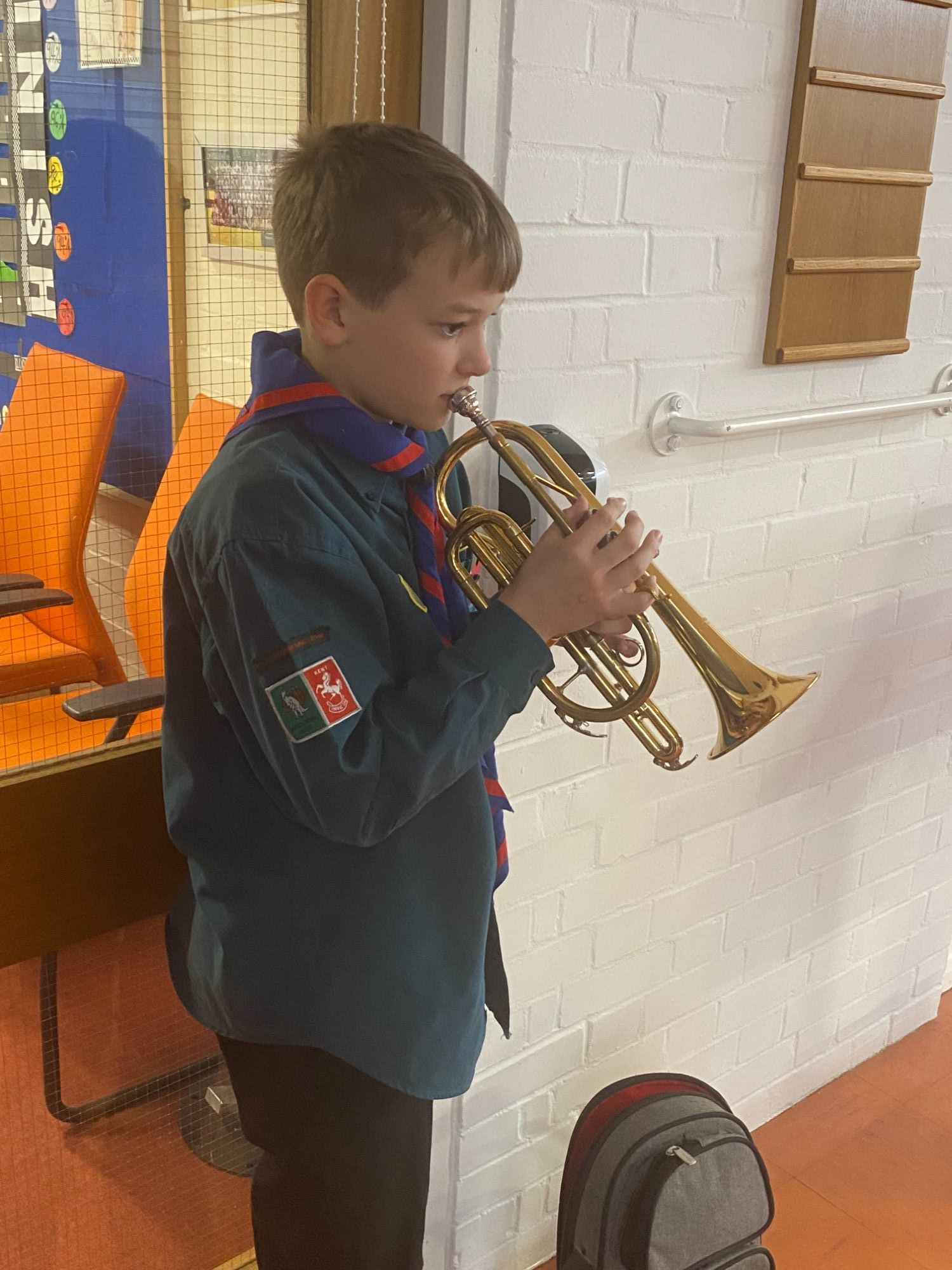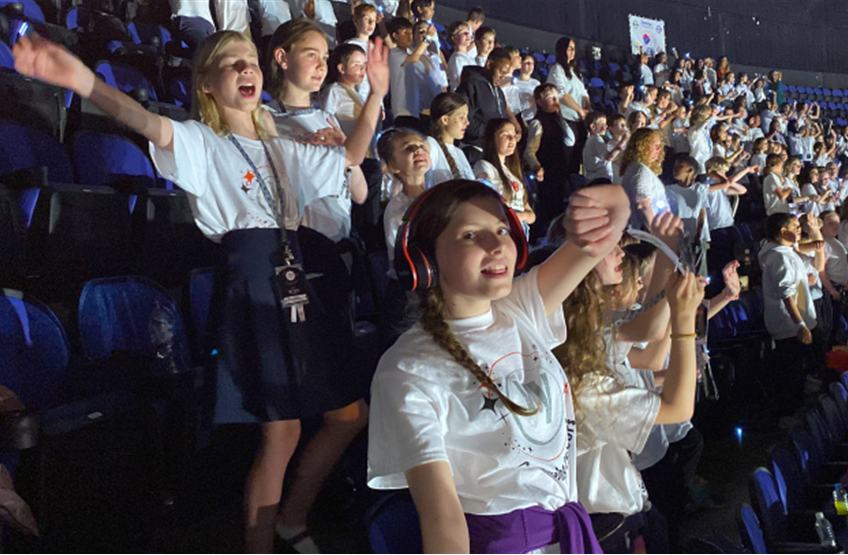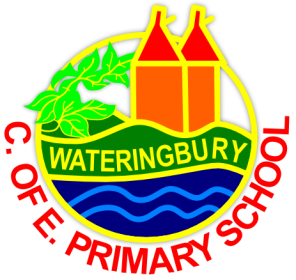Music



NATIONAL CURRICULUM AIMS
The national curriculum for music aims to ensure that all pupils:
- perform, listen to, review and evaluate music across a range of historical periods, genres, styles and traditions, including the works of the great composers and musicians
- learn to sing and to use their voices, to create and compose music on their own and with others, have the opportunity to learn a musical instrument, use technology appropriately and have the opportunity to progress to the next level of musical excellence
- understand and explore how music is created, produced and communicated, including through the inter-related dimensions: pitch, duration, dynamics, tempo, timbre, texture, structure and appropriate musical notations.
INTENT
At Wateringbury CE Primary School, our goal is to nurture a deep passion for music in every pupil. We aim to ensure that students can listen to, evaluate, and confidently perform music across a range of genres. Throughout their time at Wateringbury, pupils will have the opportunity to explore a variety of musical instruments, gaining essential knowledge and transferable skills that will be built upon year after year.
IMPLEMENTATION
Progressive Learning: The music curriculum is designed with a clear progression in mind, ensuring that all National Curriculum objectives are met and that learning builds from one year to the next.
Teaching Approach: Staff follow the “SingUp” scheme, delivering weekly lessons that introduce children to a broad spectrum of music types and genres. This ensures exposure to different musical styles and traditions.
Performance Opportunities: Pupils of all year groups are given numerous opportunities to perform in front of an audience. Regular music concerts allow them to showcase their learning to parents and the wider school community.
Whole-School Singing Practice: Weekly whole-school singing sessions are held, during which children are exposed to high-level musical vocabulary and techniques.
Extracurricular Activities: A variety of music clubs are available for all ages, offering lessons in instruments such as strings, recorders, piano, and keyboard.
Engagement is captured through links to topic, use of technology and with child-led activities. There are also many clubs or groups for children to join and have the chance to perform in assemblies and concerts at school as well as events and festivals in the community and wider world. In Year 5 & 6 our children learn songs to prepare for the Young Voices event at the O2 Arena.
IMPACT
By the time children leave Wateringbury, they will have developed a joy for music, having gained transferable skills and an understanding of the connections between different musical forms. They will experience a sense of togetherness through group performances and will build confidence as they progress through the school. Our ultimate aim is to instill a lifelong love for music, ensuring that pupils continue to enjoy and participate in music as they move into adulthood.
